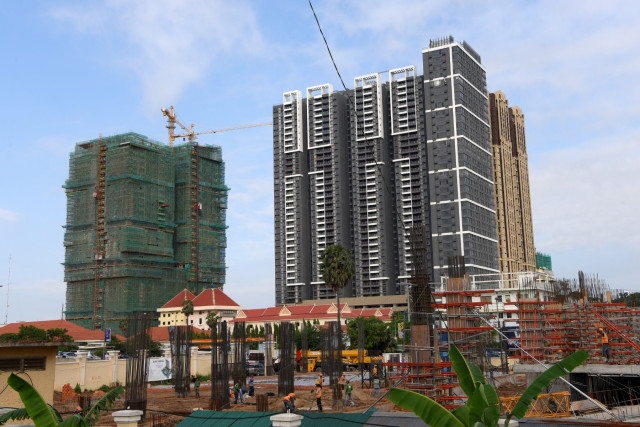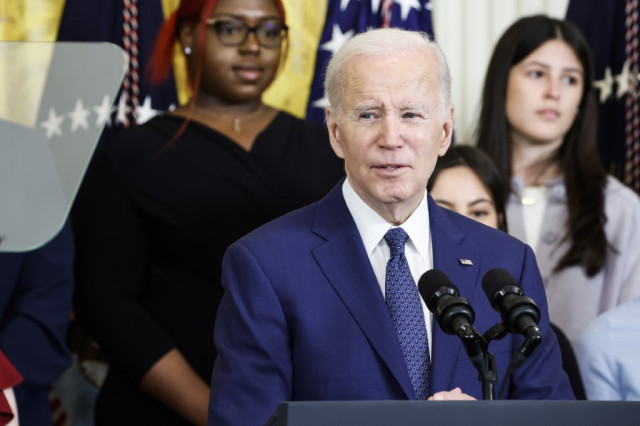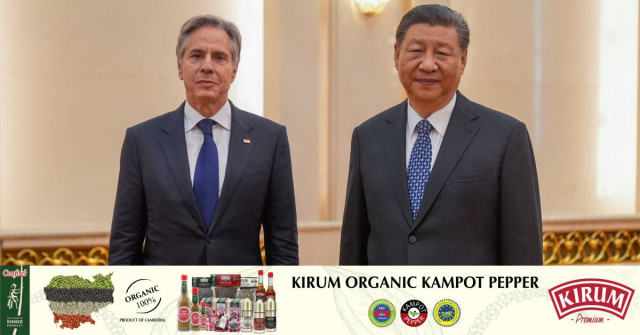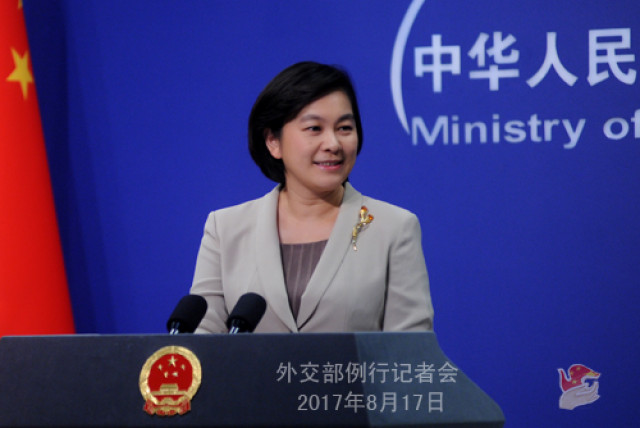Cambodia’s Real Estate on the Wane

- By Thun Senghong
- June 12, 2023 6:30 PM
PHNOM PENH – The real estate sector in Cambodia has yet to recover from the drop in demand caused by the COVID-19 pandemic, while the upcoming general election is refraining potential buyers from taking the plunge.
President of the Cambodian Valuers And Estate Agents Association (CVEA) Chrek Soknim said the real estate value in Cambodia has been on a downward trend since the beginning of 2023, while most transactions are made by local sellers and buyers.
The number of new real estate projects has slowed down due to the declining demand for new products by local customers. Simultaneously, foreign buyers are reluctant to invest because of the global uncertain context caused by rising inflation, international conflicts in Europe, or the frequent tensions in the Taiwan Strait.
In addition, some customers are waiting to see the result of the general election in Cambodia, which will be held on July 23, Soknim said.
Senior economist Ky Sereyvath, director general of the Institute of China Studies at the Royal Academy of Cambodia, said Cambodia's real estate market has been stagnant since the beginning of 2023.
Nevertheless, this lack of dynamism in the real estate sector has not badly affected Cambodia's GDP. The latest estimations made by the Asian Development Bank forecast a 5.5 percent growth rate in 2023, compared to 5.2 percent in 2022.
“Real estate is a sector that hinders production, so it should not be allowed to grow further as it contributes less to Cambodia's GDP [than other industries],” said Sereyvath.
According to market watcher CBRE Cambodia’s latest report on the sector’s performances in the first three months of 2023, the downward trend is particularly true in the landed property projects sector, which mostly includes boreys.
The period spanning January-March was the slowest period for project launches in the past five years, with only 4 new borey projects registered in Phnom Penh. The maximum was reached in the last quarter of 2020, with a total of 30 new projects launched in the capital city.
“The rise of interest rates threatens both developers and buyers. Obtaining [a] loan is increasingly difficult as financial institutions become more cautious of their exposure to real estate market,” the report pointed out.
It added that inflation – which is forecast at 2.99 percent this year – continues to create pressure, while the low volume of construction activity is expected to persist.
A little more than $1 billion of investments into construction were approved in the January–February period, nearly the lowest level record over the past four years.
While the many sports event held in Cambodia this year – notably the 32nd Southeast Asian Games – and new tourism infrastructure, such as the Siem Reap International Airport, are expected to boost the hospitality sub-sector, the condominium market might go through a hard time.
Despite the slowing sales, the condominium supply is on the rise, with an additional 1,300 new units launched in the first quarter of the year.
“Though the sales performance in the market is not at an encouraging level, two developers launched a great number of new units to compete with the existing ones,” the CBRE report said.















